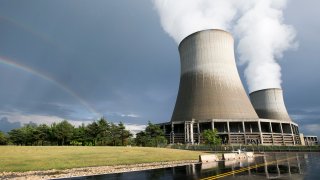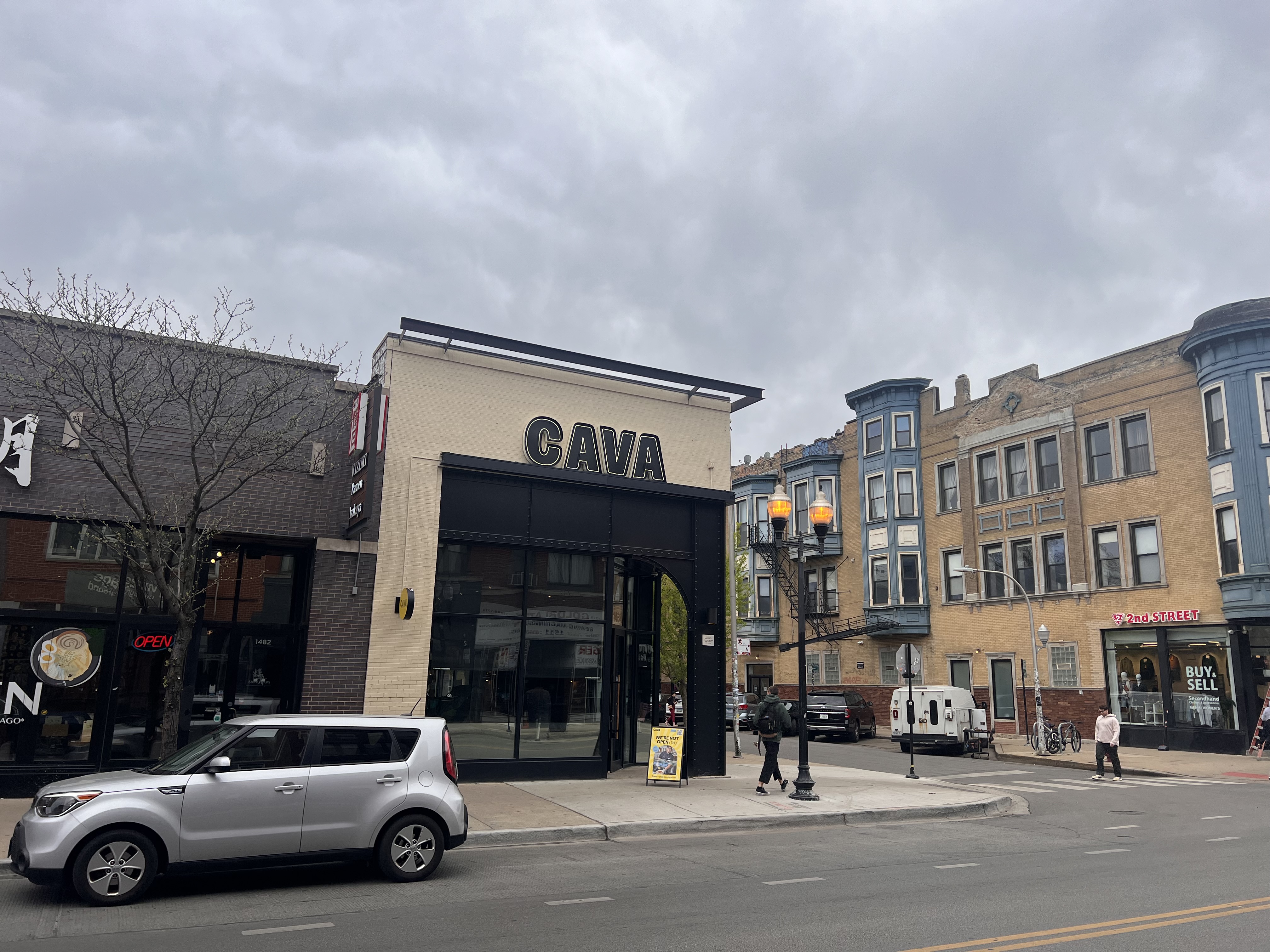
The Illinois House on Thursday approved a wide-ranging plan to eliminate carbon emissions by 2050, with a compromise allowing two coal-fired plants to remain open until 2045 but cut their emissions by nearly half in the next 14 years.
The Executive Committee approved the massive plan on a partisan roll call of 9-6 hours earlier, with Republicans who rejected the proposal saying that they support helping keep northern Illinois nuclear plants operating but that the abrupt end of coal-generated power would cost thousands of jobs and merely leave Illinois reliant on energy produced by burning fossil fuels in other states.
But Democratic Gov. J.B. Pritzker, unhappy with a proposal that won Senate approval last week, complimented House Democrats for “reaching a compromise amendment that puts consumers and climate first, while protecting and creating jobs” and pledged to “sign this historic agreement into law.”
The idea is that Illinois would do its part to slow climate change by eliminating carbon emissions. The legislation, which is sponsored by Democratic Rep. Marcus Evans of Chicago, requires a $700 million subsidy to keep the state’s nuclear power-plant fleet afloat, and includes provisions that would close coal plants in central and southwest Illinois, invest in renewable energy such as wind and solar, and provide incentives for the production and purchase of electric vehicles.
Feeling out of the loop? We'll catch you up on the Chicago news you need to know. Sign up for the weekly Chicago Catch-Up newsletter here.
The chief change from the version the Senate adopted affects two coal plants, Springfield’s municipally owned City Water Light & Power and the Prairie State Generating Co. in Marissa, 41 miles (65 kilometers) southeast of St. Louis. The Senate plan required the plants to close by 2045. But after pressure from environmental groups, lawmakers would now require a step-down in carbon emissions of 45% by 2035 in the latest version of the bill.
"The State of Illinois is one historic step closer to reaching a 100 percent clean energy future," Pritzker said in a statement late Thursday. "...Illinois will become the best state in the nation to manufacture and drive an electric vehicle, and equity will be prioritized in every new program created.
Following passage in the House, the bill is slated to return to the Senate for changes.
Local
Some opponents have questioned the increase of utility rates under the plan, saying it could cost ratepayers as much as $15 or more monthly. Evans said Thursday the increase would not top $4.50 a month.
But critics complain that the state, which gave ComEd a subsidy in an energy plan several years ago, is rewarding the utility despite its admission to federal prosecutors that it engaged in a decadelong bribery scheme in Springfield that has implicated former House Speaker Michael Madigan and led to indictments of Madigan’s closest confidante and a former ComEd CEO, among others.
Furthermore, central and southern Illinois lawmakers are worried about the closure of the Springfield and Marissa coal plants. They worry not only about the loss of union jobs there, but also about what they say is little detail on how their generating capacity will be replaced.
“We’re guessing,” said Rep. Keith Wheeler of Oswego, the Executive Committee’s ranking Republican. “We’re putting a huge goal on the board and if we don’t guess right, we’ll be buying fossil-based power from neighboring states.”



